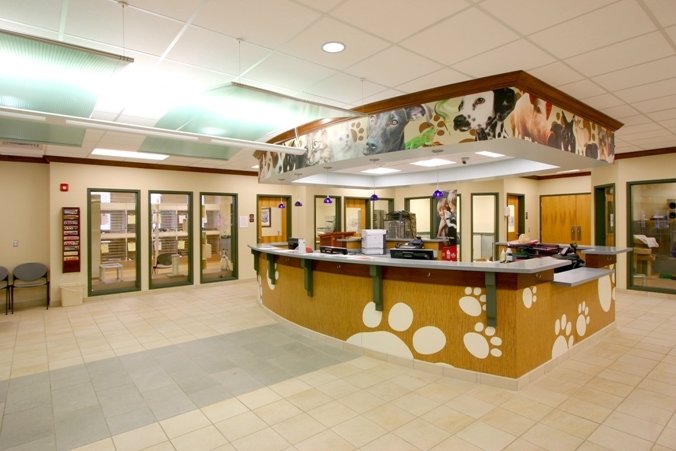Veterinarians: Protecting the fitness of animals and people

Veterinarians play an essential role in safeguarding the health and well-being of both animals and people. Their responsibilities extend beyond just treating sick animals; they contribute to public health, food safety, and environmental protection. Below are a few key ways in which veterinarians protect the health of animals and folks:
Disease Prevention and Control:
Animal Vaccination: Veterinarians administer vaccines to avoid the spread of infectious diseases among animals, reducing the risk of transmission to humans (zoonoses).
Surveillance and Monitoring: Veterinarians monitor animal populations for signs of disease outbreaks, helping to prevent the spread of contagious diseases.

Zoonotic Disease Management:
Identifying and Treating Zoonoses: Veterinarians identify and treat diseases which might be transmitted from animals to humans, such as rabies, brucellosis, and avian influenza.
Education: They educate pet owners, farmers, and everyone about the risks and prevention of zoonotic diseases.
Food Safety:
Inspection and Regulation: Veterinarians inspect and regulate food production facilities to ensure the safety of animal products entering the human food supply.
Disease-Free Animal Production: They work with farmers to implement practices that ensure disease-free livestock and poultry production.
Research and Development:
Advancing Medical Knowledge: Veterinarians take part in research to improve our understanding of animal diseases and contribute to the development of new treatments and preventive measures.
Drug Development: They play a role in the development and approval of veterinary drugs, some of which may likewise have implications for human medicine.
Emergency Response:
Natural Disasters and Outbreaks: Veterinarians respond to emergencies, such as for example natural disasters or disease outbreaks, to supply health care to affected animals and prevent further spread of diseases.
Animal Welfare:
Preventing Cruelty: Veterinarians work to prevent and address cases of animal abuse and neglect, making certain animals are treated carefully and compassion.
Promoting pico rivera animal hospital : They educate the public about responsible pet ownership, including proper nutrition, housing, and preventive healthcare.
Environmental Protection:
Wildlife Conservation: Veterinarians contribute to the conservation of wildlife by monitoring and managing the fitness of wild animal populations.
Ecosystem Health: They play a role in maintaining the health of ecosystems by addressing diseases that may affect both domestic and wild animals.
In summary, veterinarians are integral to the interconnected health of animals and humans. Their work encompasses preventive measures, disease management, research, and emergency response, ultimately contributing to a safer and healthier environment for both animals and folks.
